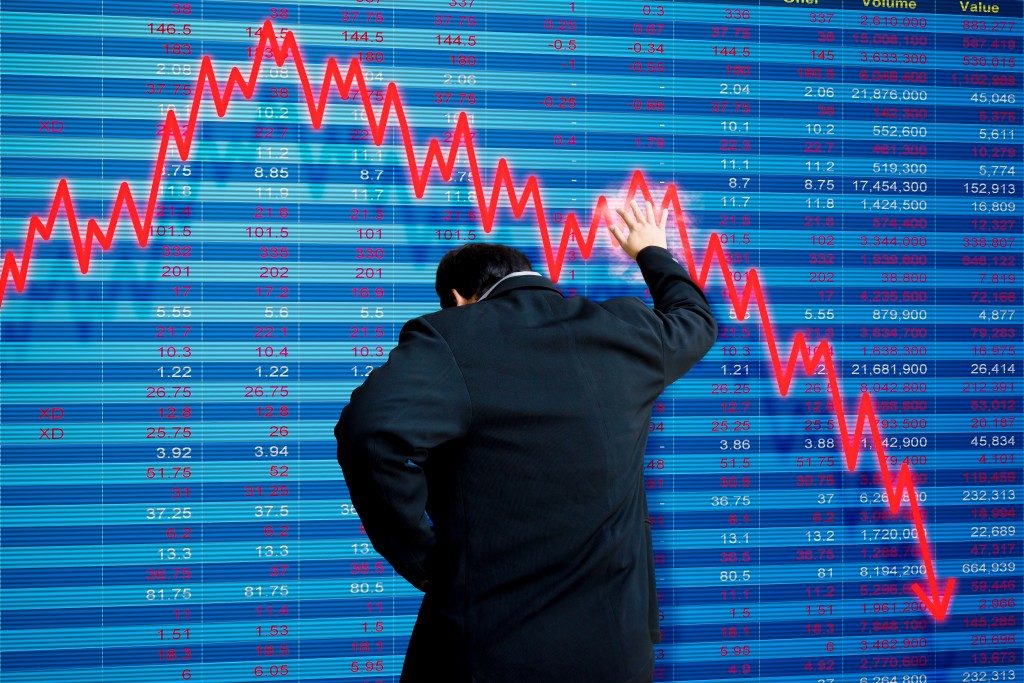Before making your first investment in the stock market, you’ve probably read some advice on which stocks to buy. Along the way, you might have received your fair share of warnings. The market is volatile; nothing is guaranteed.
Still, in a way, it’s all a numbers game, right? Why do stock prices fluctuate? Might there be any telltale signs you can read and consistently manage to buy low, sell high, and make an easy profit? As a new retail investor, here’s what you should know.
Different factors cause fluctuations
Imagine starting a business selling customized T-shirts. You’ve gauged market interest and identified your target audience. You settle the issue of ordering and fulfillment, set up an e-commerce storefront, and begin taking orders and turning profits.
But the design and manufacturing aren’t in your hands. So you decide to do something about that. You use the profits to reinvest in a heat press from Insta Graphic Systems. Then you outsource the design work to an overseas freelancer at marginal cost. With full control over the production, your business model will earn more.
Comparing the first business to its evolved form, there’s no doubt as to which one might look more attractive to a potential investor. You might say that the improvements have made the fundamentals more attractive. And similarly, a business can influence the value of their shares in the market through its operations.
But intrinsic qualities aren’t the only ones at play. Companies never operate in a vacuum. They compete against each other within a specific sector. They all comprise part of our entire economy. And that system, in turn, is increasingly becoming more complicated as it is networked with the global economy.
This means that multiple external factors are always at work. Things such as inflation, current events, and global trends all influence stock prices. The individual companies can do nothing about such factors. And the multitude of variables involved is what makes it so difficult to forecast patterns in the rise or fall of individual stock prices.
It takes AI to analyze everything
Over two decades ago, the supercomputer Deep Blue made history by defeating world chess champion Garry Kasparov in a series of tight matches. The result came as a shock to many who believed that artificial intelligence couldn’t possibly analyze the countless possibilities resulting from every move and board state.
Today, a household desktop computer can routinely beat capable human opponents. The power of modern supercomputers is being put to use in analyzing even more complex problems. And one of these areas is in the realm of financial behavior.
Specialized mathematicians, known as ‘quants’ in the industry, create algorithms to aid in trading decisions. Computers running these algorithms are capable of analyzing a massive number of factors regarding the stock market in real time.
It may be beyond a retail investor’s capability to analyze the stock market in such a way as to make consistent profits from trading. But a trader or fund manager will employ algorithmic trading to execute batches of trades at near-instant speed. The operator can set conditions under which the computer executes a deal, and simply wait for them to be fulfilled.
No one can have it ‘figured out’
Through the power of algorithms, skilled traders can leverage their expert knowledge of the stock market to act swiftly, all day long. With a good grasp of trends and valuation, a trader can determine price points at which buying shares would be likely to turn a profit. They would also be able to pull the trigger immediately when it makes sense to sell.
Despite that, there’s still no formula for guaranteed success. While traders can have many stories of success in the market, they can also be prone to survivorship bias. Trends frequently defy the expected models. And the profession is vulnerable to so-called ‘black swans’; high-impact, unpredictable events. In the face of such a random, risky scenario, even sophisticated models fail.
Think long-term

As a retail investor, you’re not going to be able to operate with the same frequency, speed, and success that professional traders enjoy. There’s no way to game the system and reliably earn money by just clicking away at your computer screen.
But the decision to invest in the stock market can still be a smart financial move. You just have to work with a longer timeframe. Many experienced retail investors recommend strategies such as cost averaging, which spreads out your stock purchases and reduces your exposure to volatility. Or you can go with dividend investment to ensure that you reap the rewards over time.
The stock market doesn’t let an individual get rich quickly or reliably, any more than gambling does. But if you approach it with the right mindset, it’s definitely worth the investment.



